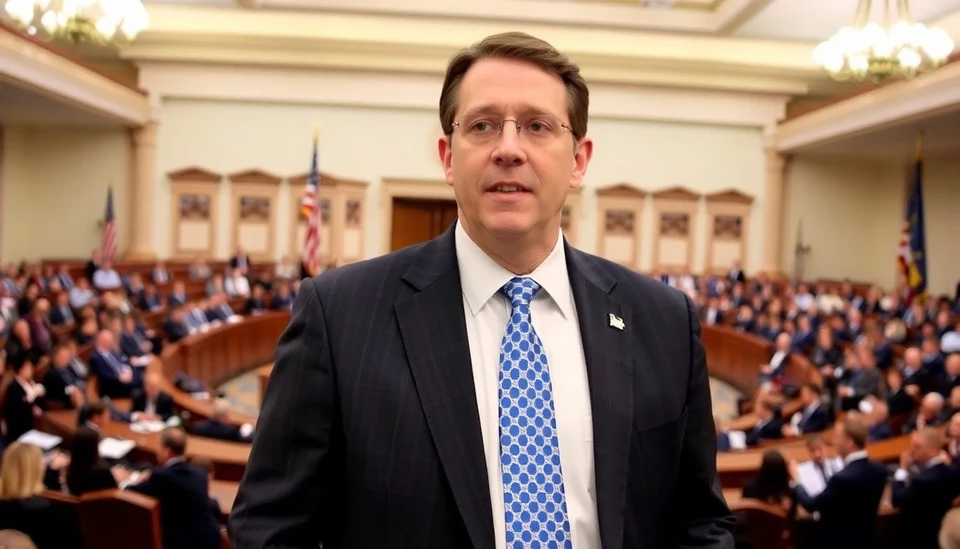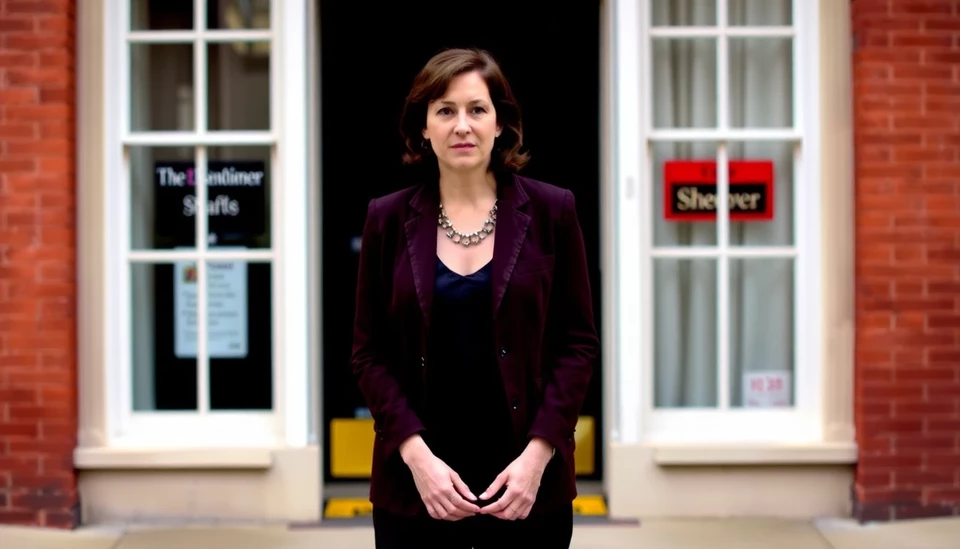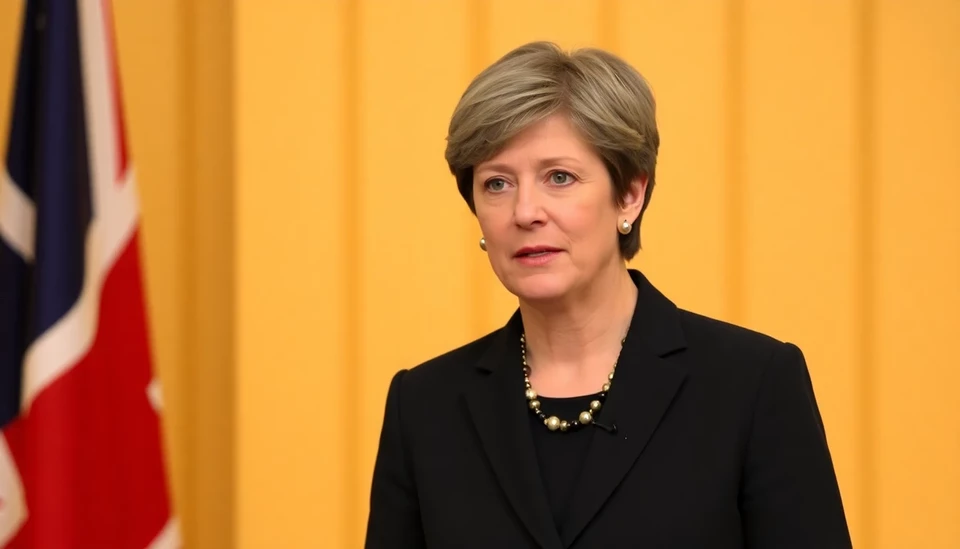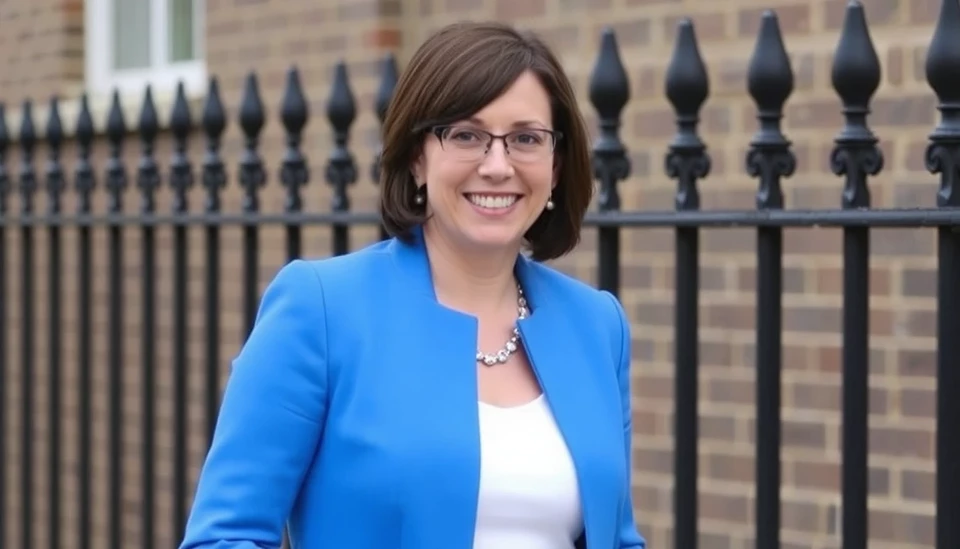
In an escalating debate within the UK Parliament, lawmakers have issued a stark warning regarding the ambitious cost-saving plans proposed by the Shadow Chancellor, Rachel Reeves. These proposals, aimed at addressing the growing fiscal pressures on the nation, may not deliver the expected results, according to several prominent MPs.
Reeves, who has been vocal about the necessity for financial prudence, presented a series of measures aimed at cutting inefficiencies in government spending. Her vision is built upon the premise that substantial savings can be realized without compromising essential services. However, critics are skeptical about the practicality of these measures and their potential economic implications.
Members of the Labour Party have voiced concerns that the proposed cost-saving initiatives may fall short, particularly in light of the current economic climate, which is marked by inflation and rising living costs. Critics argue that simply reducing expenditures could lead to adverse outcomes, including diminished public services and increased hardship for vulnerable populations.
Moreover, some lawmakers have pointed out that Reeves’ strategy could be perceived as overly optimistic, especially considering past experiences where cost-cutting measures led to unintended consequences. The fear is that a rushed implementation of the proposed savings could jeopardize the quality of public services and undermine the broader economic recovery efforts that are already in flux.
The trepidation among lawmakers amplifies as the UK grapples with a complex economic landscape characterized by uncertainty and volatility. The looming threat of recession continues to cast a shadow over the nation’s fiscal health, prompting calls for more comprehensive and sustainable solutions rather than a sole focus on immediate savings.
Despite the backlash, Reeves maintains that her proposals are grounded in thorough analysis and a commitment to fiscal responsibility. She insists that the cost-saving initiatives are not just about austerity but about reshaping government expenditures to match the needs of the 21st century. Nevertheless, the resistance from other lawmakers may compel Reeves to revisit her strategy to ensure that it resonates more effectively with the concerns of the public and the party’s broader agenda.
As the debate continues, it remains to be seen how these discussions will influence the Labour Party's approach to fiscal management in the lead-up to the next general election. The urgency for viable solutions has never been more pronounced, with the repercussions of any miscalculation potentially reverberating throughout the UK for years to come.
The growing divide in perspectives on fiscal policy within the party reflects a broader national sentiment as economic uncertainty persists. As Reeves navigates this tightrope, her ability to adapt and address the concerns of her peers could be pivotal in shaping the future trajectory of Labour’s economic policies.
With a spotlight on Reeves’ strategies, the coming weeks are likely to see intensified scrutiny from both political opponents and the public. It will be crucial for her to articulate a clear and credible path forward that balances the need for fiscal responsibility with the imperative to support the most disadvantaged members of society.
The question remains: Can Reeves effectively turn her vision into reality, or will her cost-saving drive ultimately fall flat in the face of mounting pressure?
As this pivotal moment in UK politics unfolds, the dialogue surrounding fiscal policies will undoubtedly play a central role in shaping the nation’s economic future.
#RachelReeves #UKPolitics #CostSavings #LabourParty #FiscalPolicy #EconomicChallenge #PublicServices #BudgetCuts
Author: Laura Mitchell




